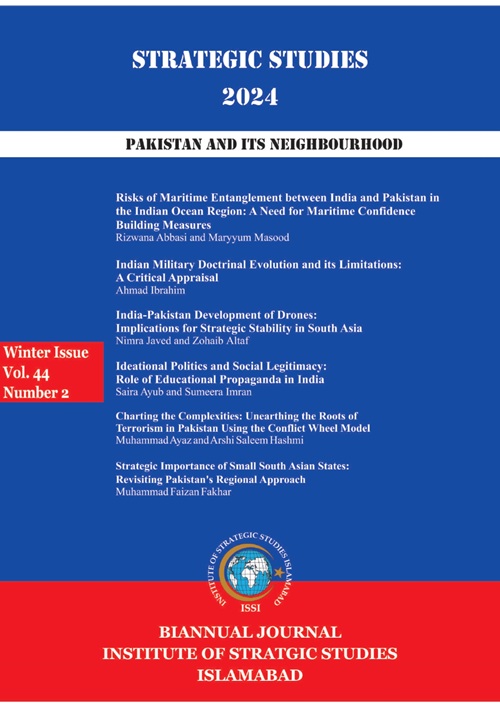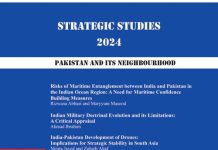Abstract
The study addresses the larger question of using education as a tool for perception building in ethnically diverse societies such as India. The article seeks to explore if ideologically motivated groups’ educational revisionism aims at perception building for greater acceptance and social control. To explore interconnection, this study focuses on educational curriculum revisions by the Indian National Council for Education Research and Training (NCERT) in science, history and sociology textbooks in the year 2024. Within this context, the article focuses on Rashtriya Swayamsevak Sangh (RSS) role in saffronisation of the educational curriculum, focusing on two main questions: a) why NCERT has revised the educational curriculum in India? and b), how educational revisionism (un)portrays manipulative tactics of social control by anti-secular identity groups such as RSS in India. The study employs the theoretical framework of political propaganda, using qualitative methodology with content analysis as the research method. The study furnishes empirical evidences to suggest the interconnection between RSS’ ideologically motivated use of educational reforms as a tool for anti-secular and ideological agenda. Further, the study develops understanding of how ideologically motivated educational reforms may impact societal ethos and social cohesion in societies such as India. The study argues that NCERT reforms portray the RSS desire of expanding its ideological appeal in the Indian society.













